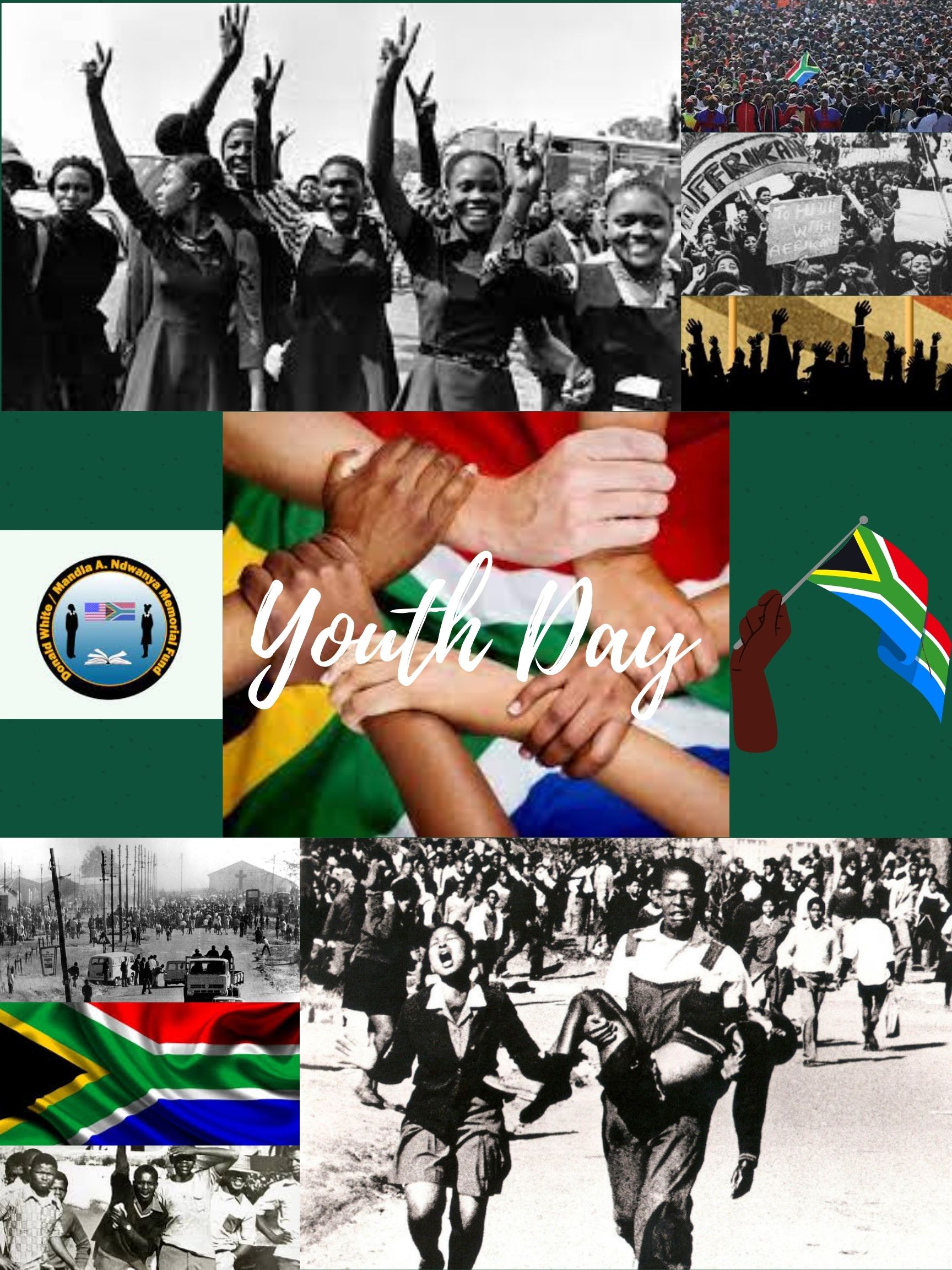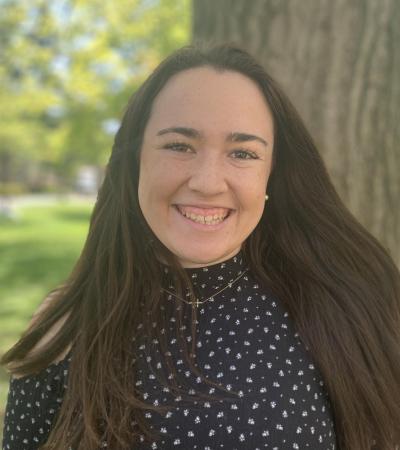UNAIDS (Kaya Responsible Travel) - South Africa
Virtual Internship
Final Report: UNAIDS, Kaya Responsible Travel – South Africa
 This summer I completed a virtual public health internship through Kaya Responsible Travel with Dr. White-Ndwaya in South Africa. My primary role was assisting on a research project funded by UNAIDS that examines how non-governmental organizations (NGOs) that were initially funded to combat HIV/AIDS, have evolved to combat TB and Covid-19. The study is being conducted by a team in South Africa but looks at data focused on Southern and Eastern Africa. Information from this study will be useful in understanding how community organizations are able to supplement universal healthcare. My first project included researching the organizations that had been previously selected for the study. In addition to NGOs, some non-profit organizations (NPOs), faith-based organizations (FBOs), and civil society organizations (CSOs) were selected. I specifically collected data on additional Covid-19 resources offered by the organizations. I also noted the target populations, the type of resources, and how they were funded. Most of this work was conducted using Excel. I appreciated that Dr. White-Ndwanya put particular effort in helping familiarize the interns with the typical language and abbreviations used in the global and public health fields. The information from the literature review and data collection phase was important for the study to further narrow in on specific organizations to highlight in the final paper.
This summer I completed a virtual public health internship through Kaya Responsible Travel with Dr. White-Ndwaya in South Africa. My primary role was assisting on a research project funded by UNAIDS that examines how non-governmental organizations (NGOs) that were initially funded to combat HIV/AIDS, have evolved to combat TB and Covid-19. The study is being conducted by a team in South Africa but looks at data focused on Southern and Eastern Africa. Information from this study will be useful in understanding how community organizations are able to supplement universal healthcare. My first project included researching the organizations that had been previously selected for the study. In addition to NGOs, some non-profit organizations (NPOs), faith-based organizations (FBOs), and civil society organizations (CSOs) were selected. I specifically collected data on additional Covid-19 resources offered by the organizations. I also noted the target populations, the type of resources, and how they were funded. Most of this work was conducted using Excel. I appreciated that Dr. White-Ndwanya put particular effort in helping familiarize the interns with the typical language and abbreviations used in the global and public health fields. The information from the literature review and data collection phase was important for the study to further narrow in on specific organizations to highlight in the final paper.
Using this information, case studies were selected from the database, and I was assigned five NGOs to further investigate. Based on interviews (not conducted by interns) and research on these NGOs, I coded transcripts to link important pieces of information to pre-selected keywords. We coded using NVivo and made the codebook under the umbrellas of Universal healthcare and non-HIV services. The three pillars of Universal healthcare are equity in service, quality of service, and health financing. These were the three subsets of the Universal healthcare code that were further broken down into more specific keywords. The non-HIV services codes included sections for services pertaining to Covid-19, diabetes, and non-communicable diseases. This was my first experience with coding, and I feel I was successful in helping the project to organize large amounts of data. Furthermore, this was an excellent opportunity to familiarize myself with the characteristics of Universal healthcare.
In addition to the research project, I also worked with the White-Ndwanya Memorial Fund NGO. In honor of Youth Day, there was a fundraiser to raise money for school uniforms for the primary schools that the NGO supports. I made informational posters about Youth Day and was able to learn a lot about South Africa's history of Apartheid. I also worked with another intern to conduct a needs assessment for one of the primary schools in honor of Mandela Day. The ability to learn more about these South African Holidays was incredibly useful in infusing the cultural aspect into a virtual internship.
Overall, my biggest takeaways were related to working in a cross-cultural environment. I immensely enjoyed learning about the differences between the American healthcare system and the South African healthcare system. My weekly one-on-one meetings with Dr. White-Ndwanya and the buddy chats through Kaya Responsible Travel, in which I talked with a local about cultural aspects discussed in a group presentation each week, were especially informative in learning firsthand about the healthcare systems. South Africa has both public and private health care options, and I have been especially impressed with the quality and range of the public health care system. There seems to be a particular focus on family planning and maternal health resources at the public clinics. One thing that has been very different from the US is the availability of resources to combat COVID. Testing was not widely available and it was expensive to receive a COVID test, making it difficult to enact accurate contact tracing measures. The vaccine rollout is still in the early stages and South Africa is experiencing a third-wave. During my internship, they entered a 14-day lockdown to flatten the curve and reduce the burden on the hospitals. It was a humbling reminder that the mainstream COVID ideology in the US is not a reflection of the continuing impact of COVID on the rest of the world.
My experience with a cross-cultural virtual internship far surpassed my expectations. I gained experience in working on a literature review, coding, conducting needs assessments, and creating visual aids. I learned a lot about working in a cross-cultural environment, including managing different time zones and adapting to different cultural expectations. I believe I made meaningful contributions to the research project and provided helpful supplements for the NGO.
My advice to anyone wanting to participate in a similar internship is that communication is key. It is important to communicate your goals and your understanding of expectations in order to have the best internship experience. I would suggest asking what platform is best for communication, as WhatsApp was more common than email in my internship. Overall, I am incredibly grateful to the Kellogg Institute, Kaya Responsible Travel, and Dr. White-Ndwanya for providing me with a meaningful cross-cultural summer internship.






